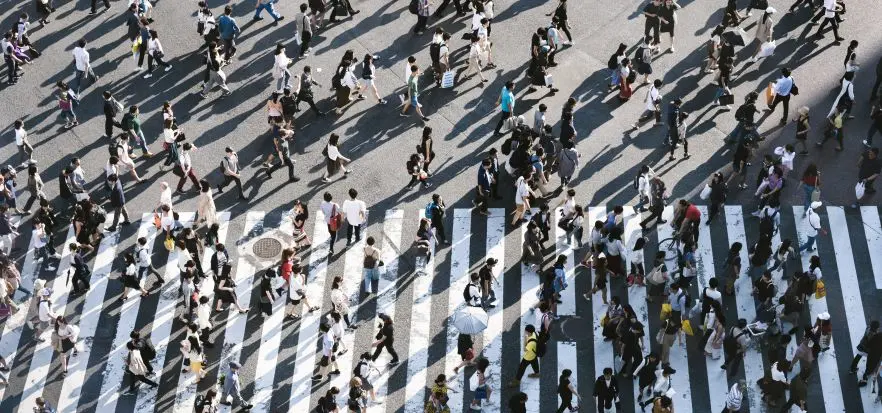From 'small boats' to the Mexican border, refugees fleeing conflict, persecution, or those seeking a better life dominate our headlines. But what can we expect of refugees themselves? And when are they obligated to give back to a country that has taken them in? Rebecca Buxton and Matthew J. Gibney argue we need to create a system in which refugees should be obligated to help their new country, and by shifting our perspective we can create a humane approach that considers the human aspect of refugee crises.
Every year millions of people leave their home countries to seek safety elsewhere. Refugees escape persecution, subvert international borders and sometimes cross oceans to seek safety. They then face a gruelling asylum adjudication system which determines whether they will receive support.
Once refugees have made these perilous journeys and are offered international protection, against all odds, some claim that they are then required to go even further: they must be grateful for it.
On his popular Fox News show in 2019, American commentator Tucker Carlson criticised US congresswoman Ilhan Omar, a refugee from Somalia, on precisely these grounds. “If anyone should love America, it’s Ilhan Omar”, Carlson opined, the “country rescued her from a squalid Kenyan refugee camp and made her a national figure … But Ilhan Omar is not grateful. She hates us for it.”
SUGGESTED VIEWING Immigration and Identity With Thangam Debbonaire
Albeit often in less strident terms, others have appealed to duties of gratitude to demand “good behaviour” from refugees. In 2006 a UNHCR representative warned a group of refugees in South Africa, “we understand the challenges you face, but at the same time we want to give you a sound word of caution. Be careful not to come across as sounding ungrateful.”
Writer Dina Nayeri has recounted how the idea of gratitude has followed her throughout her life. When telling her American teacher that she had recently lived in a refugee encampment in Italy she replied: “Awww, sweetie, you must be so grateful to be here.”
Refugees do often express gratitude to the countries that provide them with asylum. But do they actually have a duty to be grateful?
A duty to feel a certain way might immediately strike someone as illiberal. However, let us assume, for the sake of argument, that such a duty can exist.
Philosophers typically argue that several conditions need to be met for a duty of gratitude to hold. First, a recipient must receive a benefit from the object of gratitude. Second, the benefit has to be freely given. Third, in most circumstances, the provider of the benefit should not be under a duty to provide that benefit.
Some philosophers, like Nicholas Rescher and Jason D’Cruz, have argued that these three conditions are met in the case of refugees.
Access to asylum is clearly a benefit. The fact that states have set up institutions to process refugee claims demonstrates their willingness to provide asylum. And, in many situations, states grant asylum not as a duty but as a humanitarian act. In 2016 the Canadian government dispatched hundreds of immigration officials to refugees camps in Jordan and Lebanon to process Syrian refugees to be resettled. They were not under a legal duty to do so, but understood their actions as part of a generous refugee policy.
However, when we consider these criteria against the modern asylum system, and the hardships typically inflicted on refugees, gratitude is questionable. SUGGESTED VIEWING Morality of the Tribe With Julian Baggini, Peter Tatchell, David Miller, Natalie Cargill
Barriers to entry























Join the conversation